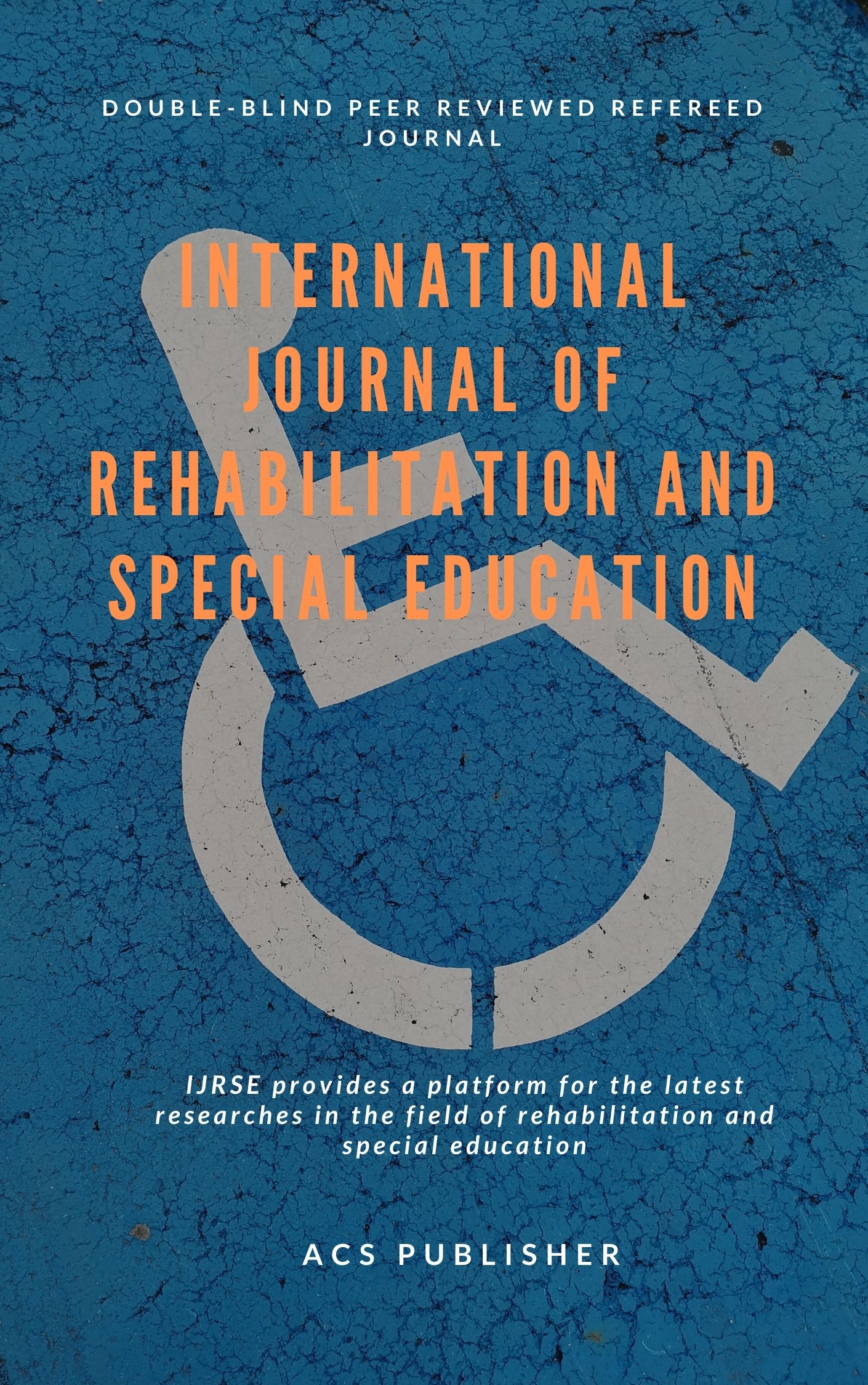Role of Situation Background Assessment Recommendation (SBAR) technique in improving clinical communication among nursing students
DOI:
https://doi.org/10.48165/ijrse.2022.2.1.3Keywords:
SBAR, effective communication technique, Nursing students, clinical communicationAbstract
Background: Communication has been the important tool in maintaining professional relationships among all healthcare professionals. Novice nurses face challenges based on communication probably due to difficulty in expressing patient problems in an organized manner or language difficulties.
Situation Background Assessment Recommendation (SBAR) technique is a structured concise format of communication which is known to help in remembering and effective conversations in health care settings. This form of structured communication is recommended in every health care setup worldwide.
Objective: The present study aimed at evaluating the effectiveness of Situation Background Assessment Recommendation (SBAR) technique of communication among the final year nursing students and comparing the difference in communication between the two undergraduate nursing courses ie., Bachelor of Science in Nursing (BSc Nursing) and Diploma in Nursing and Midwifery (GNM Nursing)
Design and methods: Two groups pretest posttest design was used where 50 students (25 from each batch of final year BSC Nursing and GNM Nursing) were selected using simple random sampling technique. SBAR teaching was provided in three sessions of one hour each for three days.
Setting: The study was conducted at a selected College and School of Nursing at Mangalore, Karnataka.
Results: The participants had no prior exposure to SBAR technique of communication. Although 21 (42%) of total subjects had primary education in the form of English, the mean pretest scores of GNM Nursing and BSc Nursing students were 7.4±1.78 and 9.2±2.36 which improved significantly after training to 14.6±0.50 and 14.2±1.00 respectively. The improvement in communication using SBAR technique was significantly higher in both the groups with t value of 18.93 and mean difference of 6.1±2.28 (95% CI 5.45-6.75, p=0.001). Also the opinionnaire collected by the students revealed that SBAR is an effective tool of communication and they would use it effectively in their clinical setting.
Conclusion: This study proves that SBAR is an effective and prompt communication technique irrespective of any discipline of nursing education that can improve health care communications between all personnel, thus improving quality of care.
References
Downloads
Published
Issue
Section
License
Copyright (c) 2022 International Journal of Rehabilitation and Special Education (IJRSE)

This work is licensed under a Creative Commons Attribution 4.0 International License.

